Maintaining a clean and healthy coat is crucial for all dogs, but certain breeds require more frequent bathing than others to keep their fur in optimal condition and prevent skin issues. Factors that contribute to more frequent bathing needs include oiliness of the skin, the tendency to roll in dirt or mud, the density and length of the coat, and the dog’s lifestyle and activity levels. Dog breeds with high grooming needs not only require regular brushing and care but also benefit significantly from more baths to manage their specific coat types and to prevent odor and matting. This article will discuss eleven dog breeds known for needing the most frequent bathing, examining why their particular grooming needs are higher than others and what makes their maintenance a bit more demanding.
1. Basset Hound
Basset Hounds are known for their distinctive long ears and droopy eyes but also for their skin’s oily nature, which can produce a distinctive odor if not regularly bathed. Their short, dense coat traps dirt and odors, and their love for sniffing and following trails often leads them into messy situations. Additionally, Basset Hounds are prone to yeast infections in their ears and between their folds, which frequent baths can help manage by keeping these areas clean and dry. Regular bathing, therefore, is essential not just for cleanliness but also for their overall health.
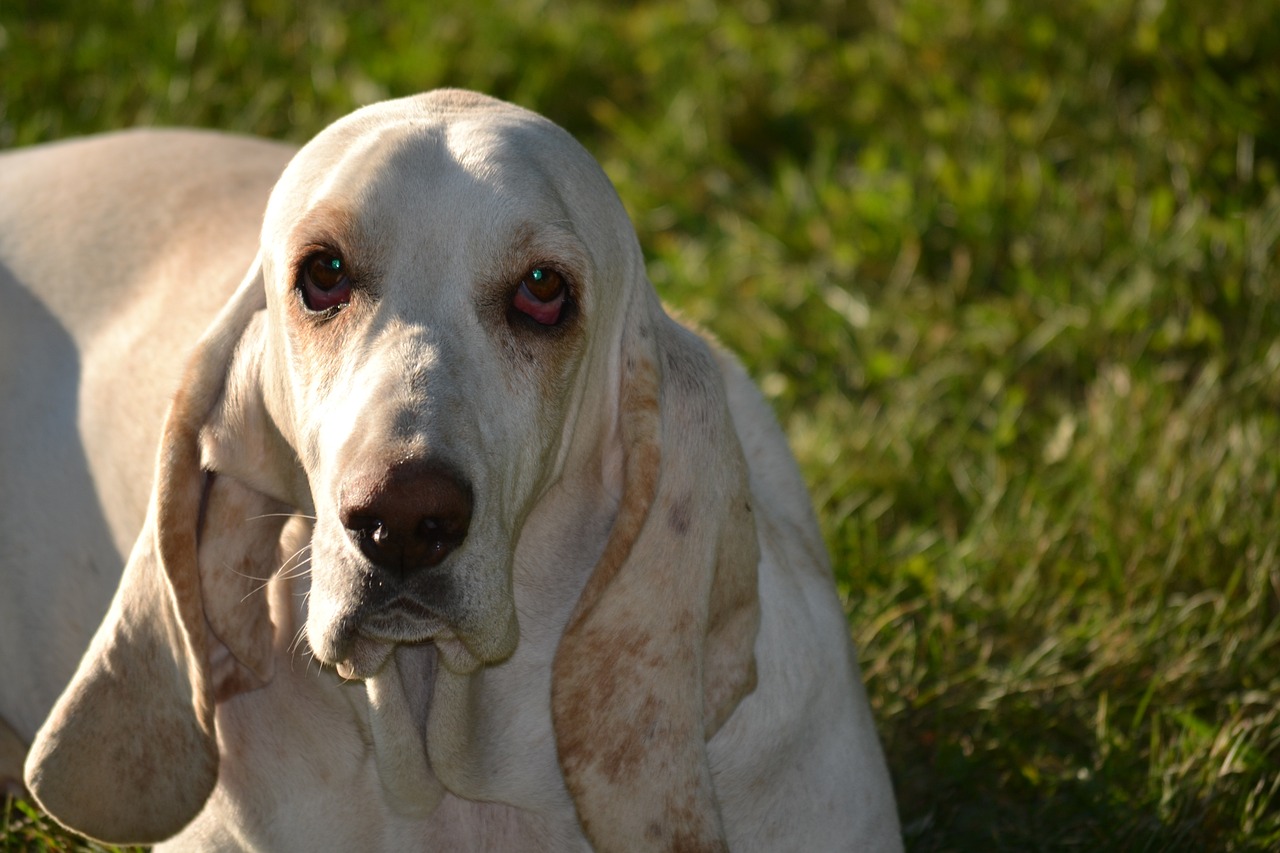
2. Cocker Spaniel
Cocker Spaniels, with their beautiful, flowing coats, are susceptible to skin infections if not properly maintained. Their long ears and the heavy feathering on their legs and belly can easily trap dirt and moisture, leading to mats and potential skin issues. Regular bathing helps to prevent these problems by removing tangles and debris and keeping the skin clean and irritant-free. Additionally, Cocker Spaniels often enjoy outdoor activities, which can contribute to a dirtier coat requiring more frequent cleaning.

3. English Bulldog
English Bulldogs have many skin folds, which can accumulate bacteria and dirt, leading to infections if not cleaned regularly. Bathing these dogs frequently helps manage the build-up of debris within the folds and maintains the health of their skin. Since Bulldogs are not the most active breed, they do not require frequent shampooing for odor, but the focus should be on preventing dermatitis and keeping their unique skin structure healthy and clean.
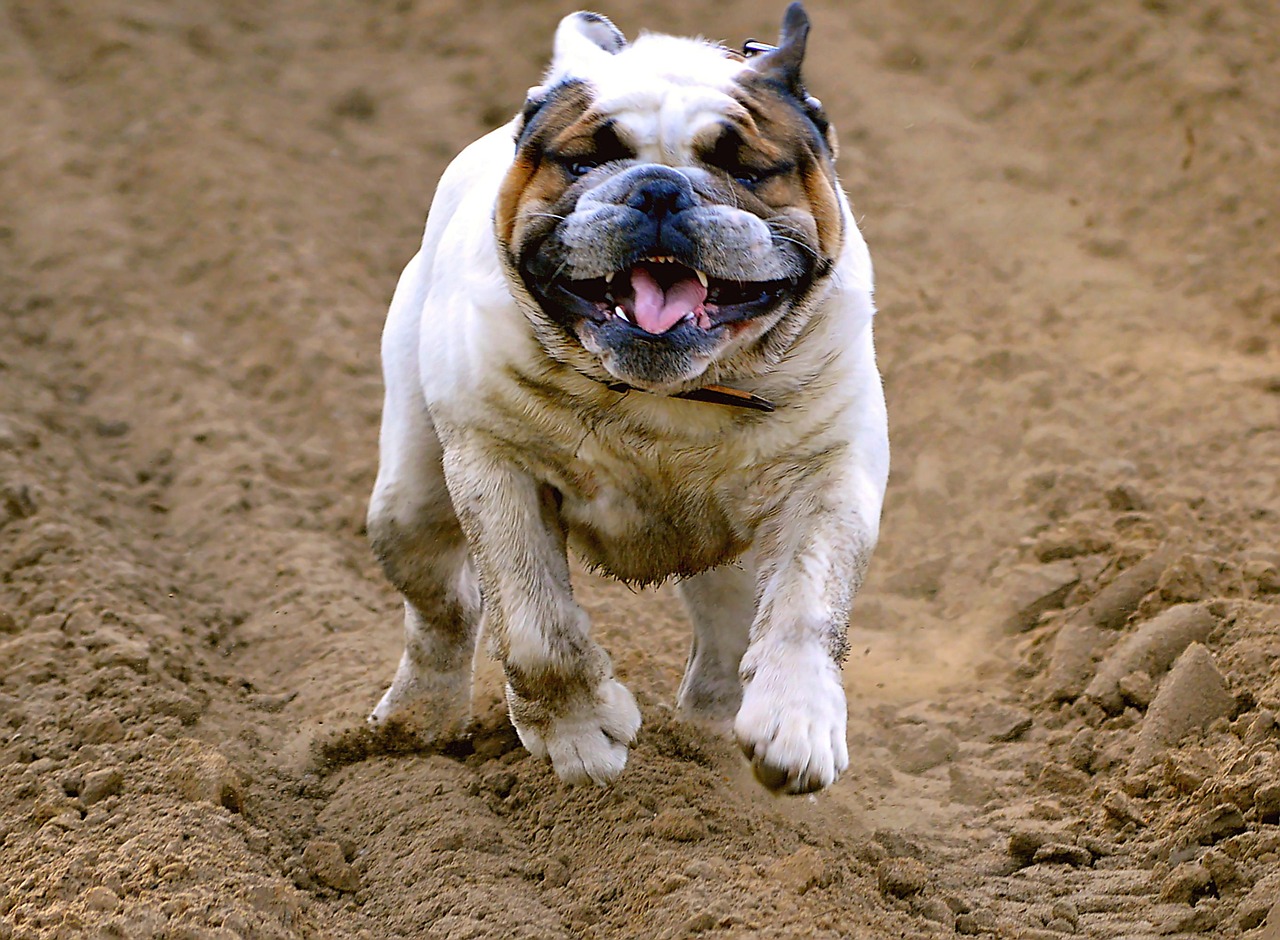
4. Shar-Pei
Shar-Peis are another breed with deep skin folds that require regular maintenance to prevent infections. Their short, bristly coat can also trap dirt, and without regular baths, they can develop an unpleasant smell and skin irritations. Owners need to pay particular attention to drying their folds thoroughly after each bath to prevent moisture from causing yeast or bacterial growth, making frequent and careful bathing an essential part of caring for a Shar-Pei.
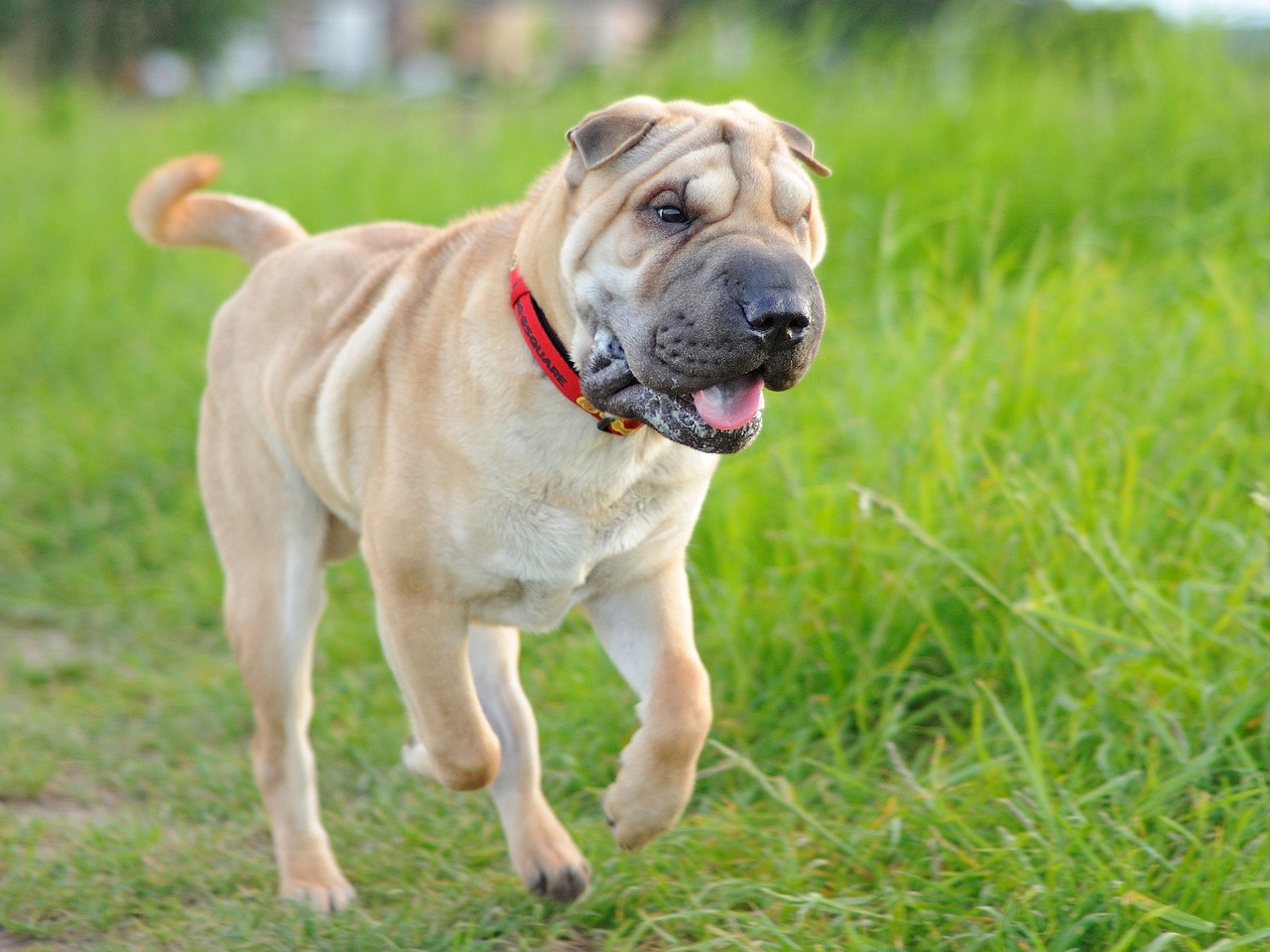
5. Labrador Retriever
Labrador Retrievers are known for their love of water and outdoor activities, often getting themselves quite muddy and dirty. Their dense, water-resistant coat can trap oils and shed fur, which contributes to an unpleasant smell if not washed regularly. Labs benefit from regular baths to manage shedding, remove dirt, and decrease the natural oiliness that can make their coat feel greasy. Bathing also helps reduce the allergens present in their coat, benefiting people with allergies.
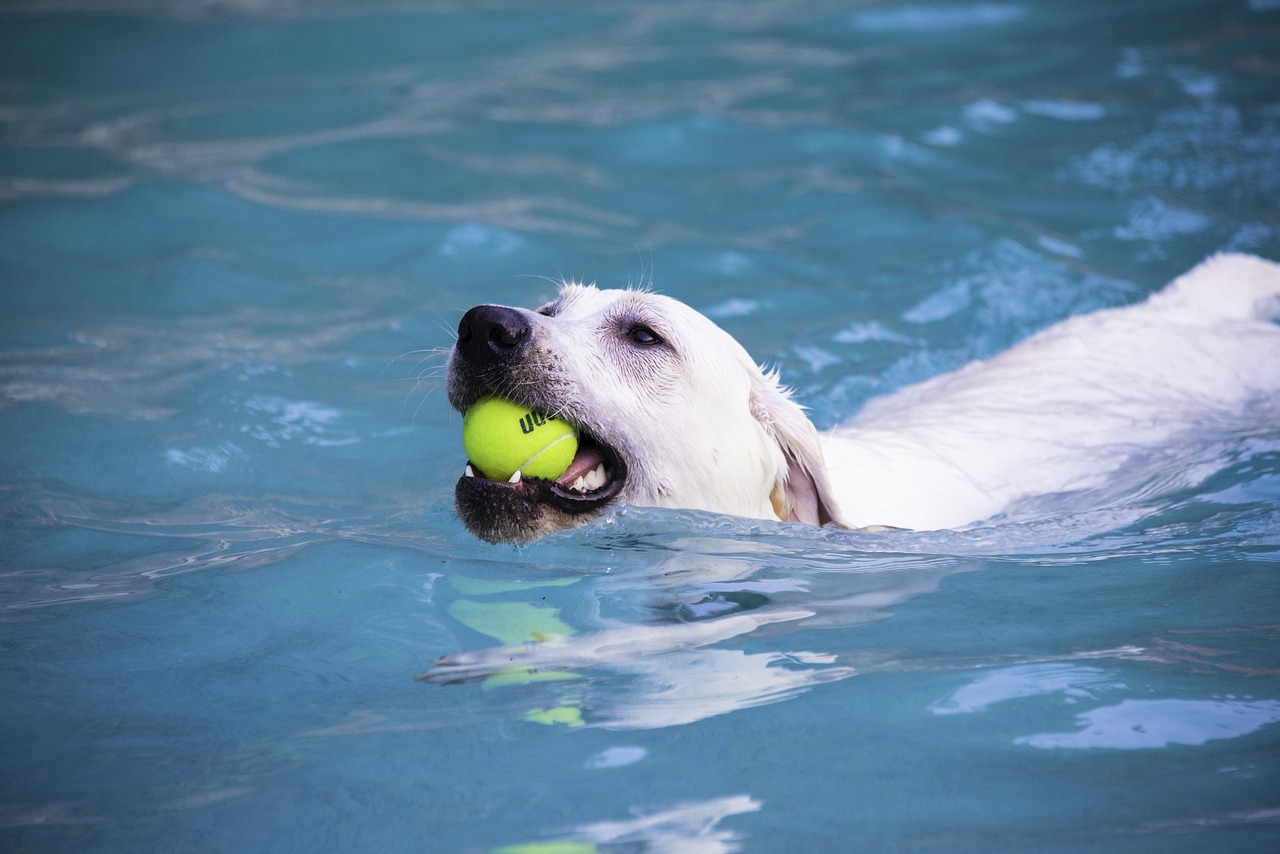
6. German Shepherd
German Shepherds have a dense double coat that can trap dirt and odors, especially if they spend a lot of time outdoors. Frequent baths are necessary to manage shedding and maintain the health of their skin and coat. These active dogs often find themselves in dirty environments during their work or play, which means more frequent cleaning to keep them looking and smelling their best. Ensuring their undercoat is thoroughly dried is crucial to prevent matting and skin issues.
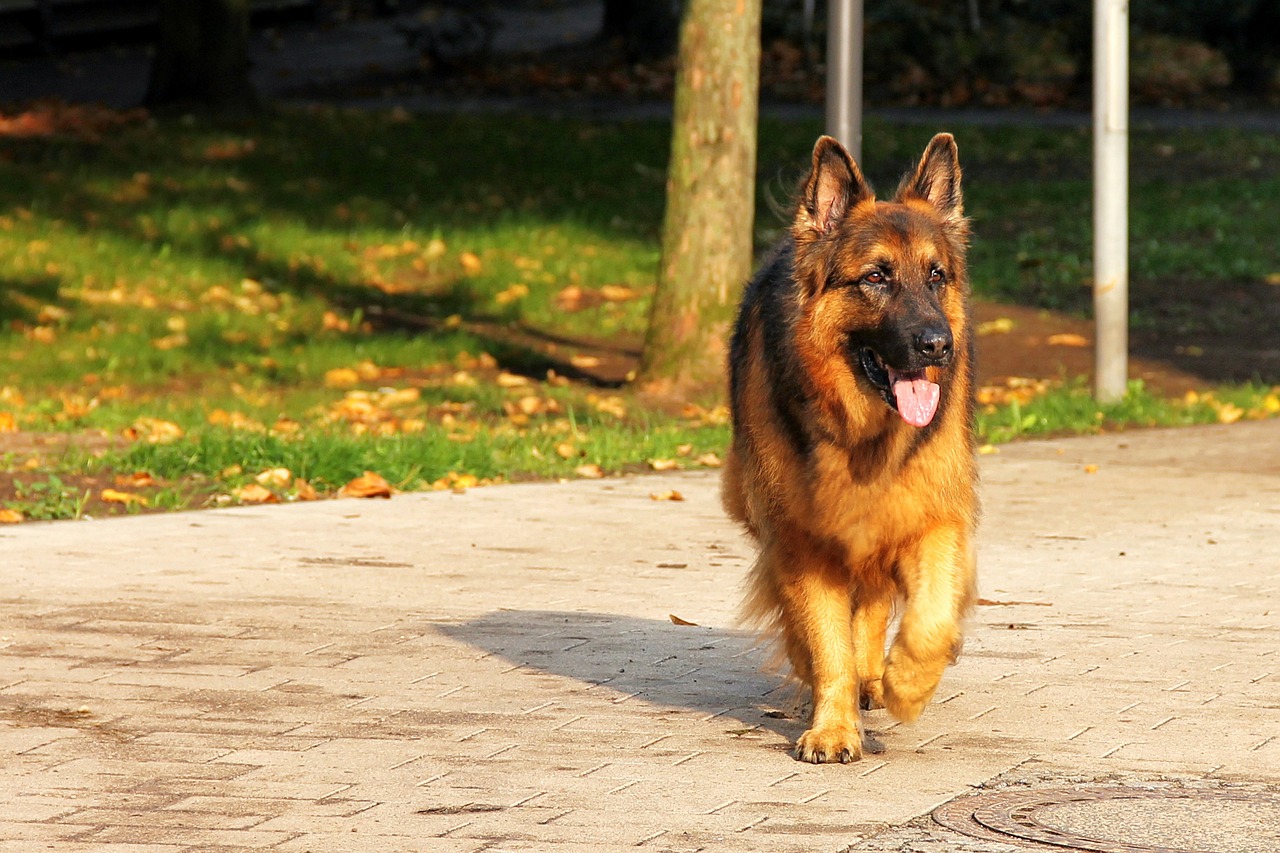
7. Saint Bernard
Saint Bernards are massive dogs with thick, dense coats that require regular maintenance to manage shedding and prevent matting. Their size and activity level often lead to them getting quite dirty, particularly in muddy or snowy environments. Regular baths are essential not only to keep their coat clean but also to ensure that any debris does not irritate their skin. Due to their size, bathing a Saint Bernard can be a significant undertaking and requires diligence to ensure their coat is completely dried afterward.
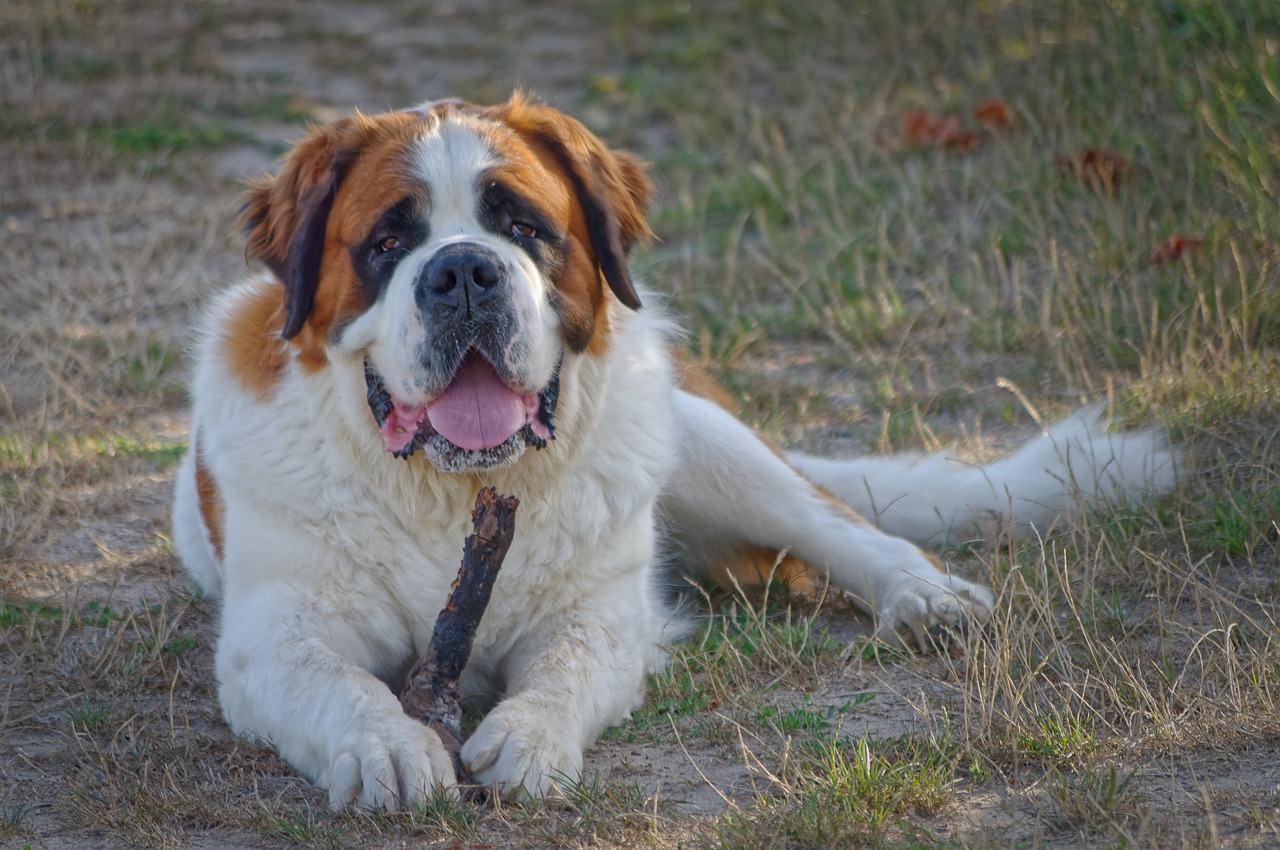
8. Poodle
Poodles of all sizes have curly, dense coats that require regular grooming to prevent mats and tangles. While poodles are hypoallergenic and do not shed like other breeds, their fur can still trap dirt and dander, necessitating frequent baths to keep their coat in pristine condition. Bathing also helps maintain the structure of their curls, which is essential for both appearance and hygiene, particularly if they are show dogs.
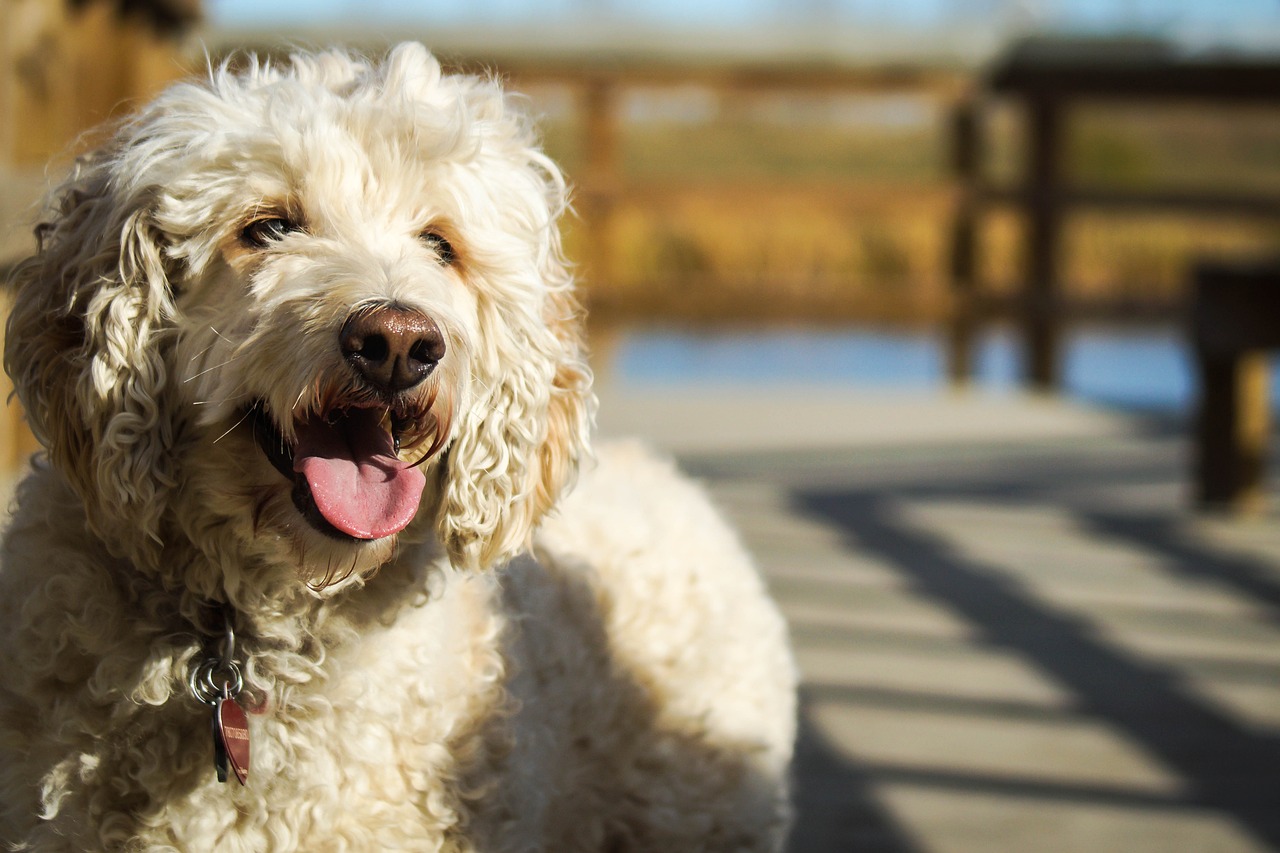
9. Havanese
Havanese dogs have long, silky hair that can easily become tangled and matted without regular care. Frequent bathing and conditioning are crucial to prevent mats that can tug at the skin and cause discomfort. Their playful and curious nature often leads them into messy situations, requiring more frequent baths to keep their coat clean, shiny, and healthy.
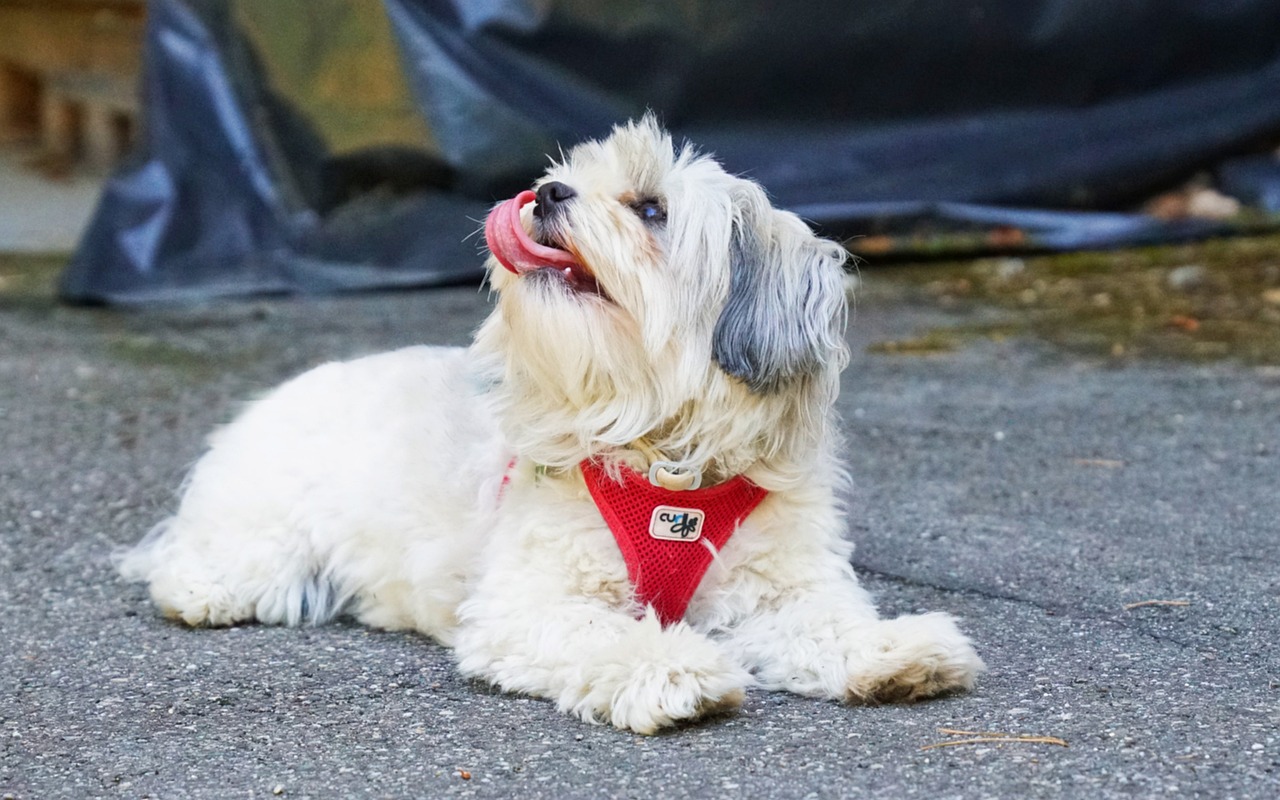
10. Akita
Akitas are large dogs with dense double coats that require substantial grooming, especially during their bi-annual shedding seasons. Regular baths help to control shedding and remove dirt and loose fur, which can be particularly copious with this breed. Bathing an Akita also helps to distribute natural skin oils throughout the coat, maintaining its health and luster.
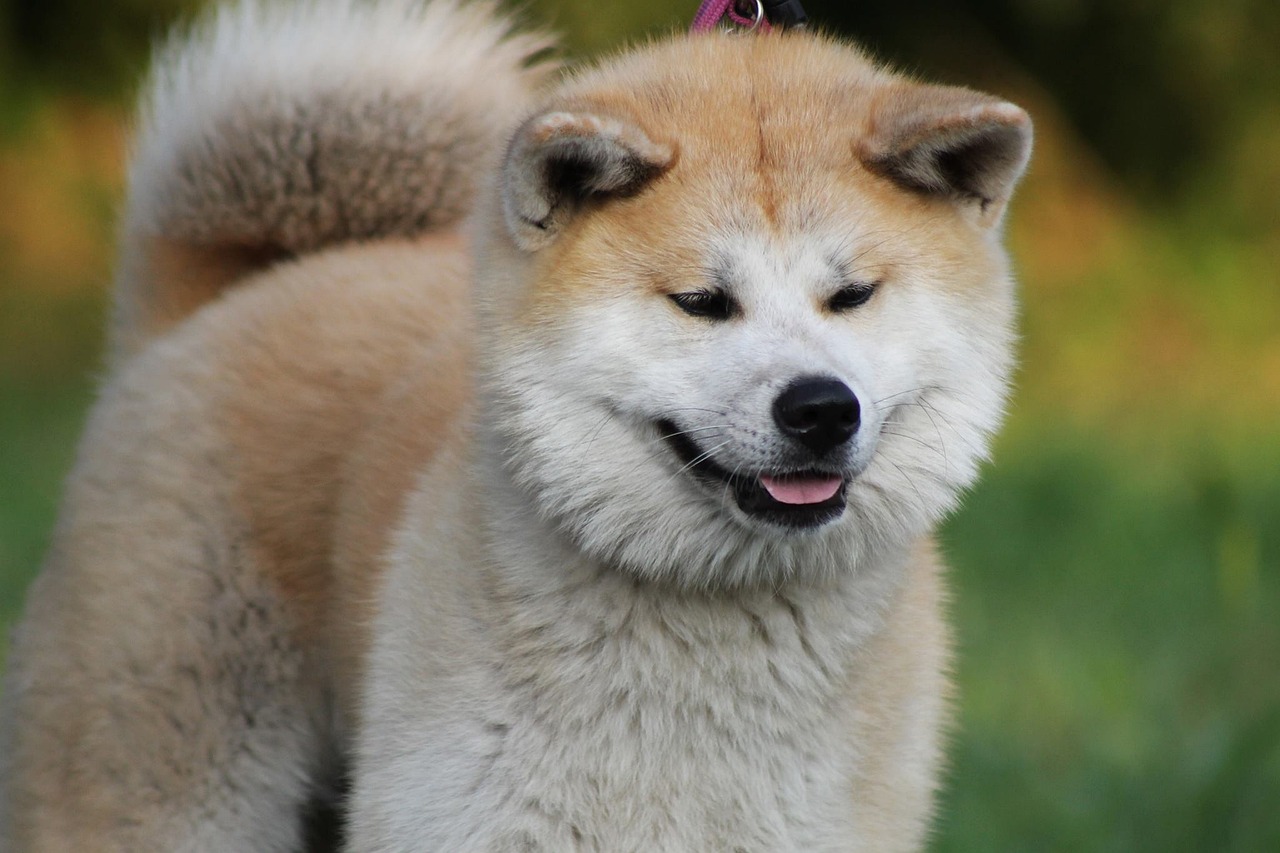
11. Newfoundland
Newfoundlands have a heavy, water-resistant double coat that, if not properly maintained, can trap moisture and debris, leading to skin infections. Regular baths are crucial for this breed, especially since they are prone to drooling and can get quite messy. Bathing helps manage their shedding and keeps their coat free from tangles and mats, which are common in such dense fur.
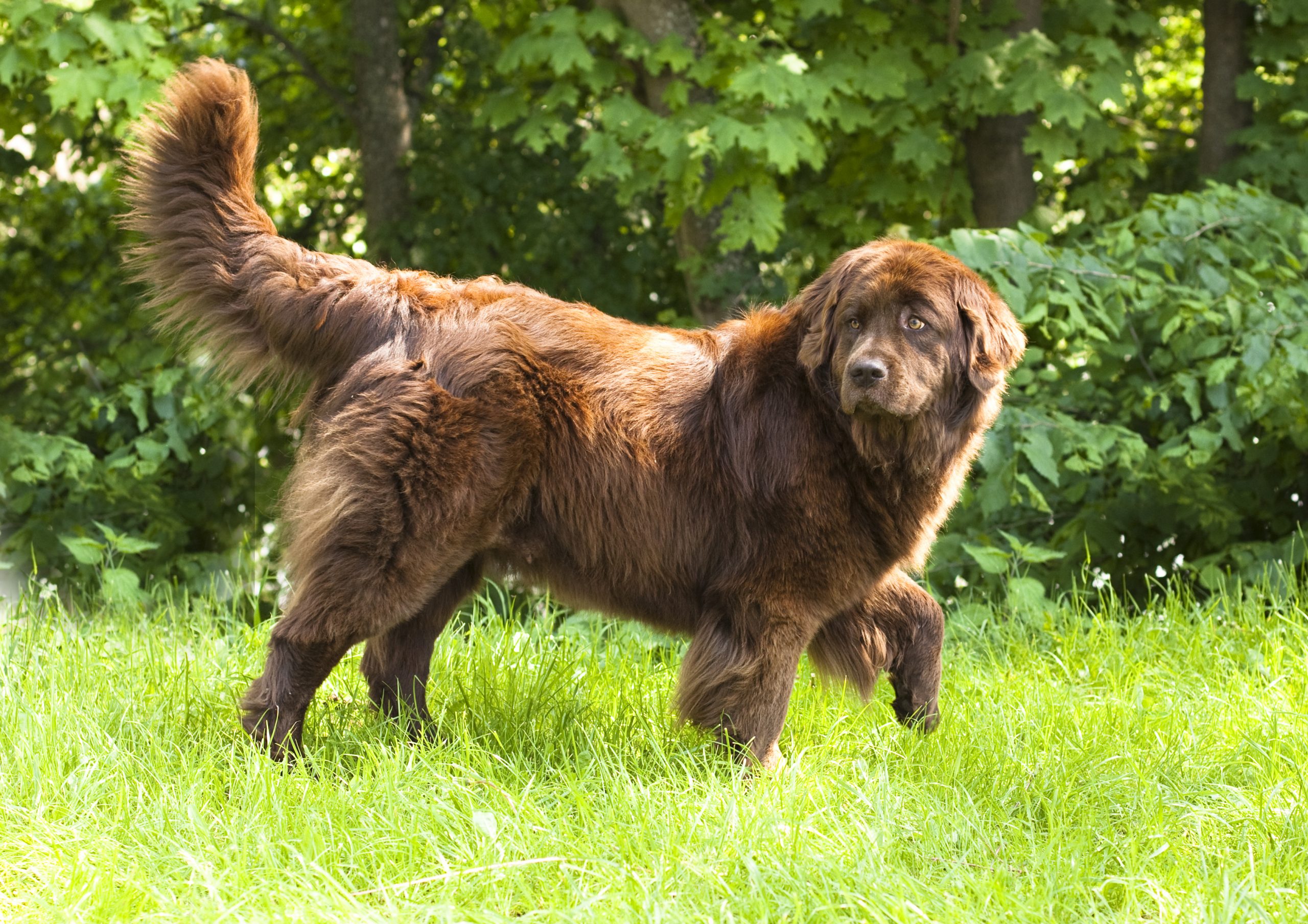
These eleven dog breeds, known for their specific grooming needs, benefit significantly from frequent bathing. Regular cleaning not only keeps them visually appealing but also plays a crucial role in maintaining their overall health, preventing skin issues, and enhancing their comfort. Owners of these breeds should prioritize establishing a consistent bathing routine to ensure their pets stay healthy and happy throughout their lives.
 Toledo, United States.
Toledo, United States.